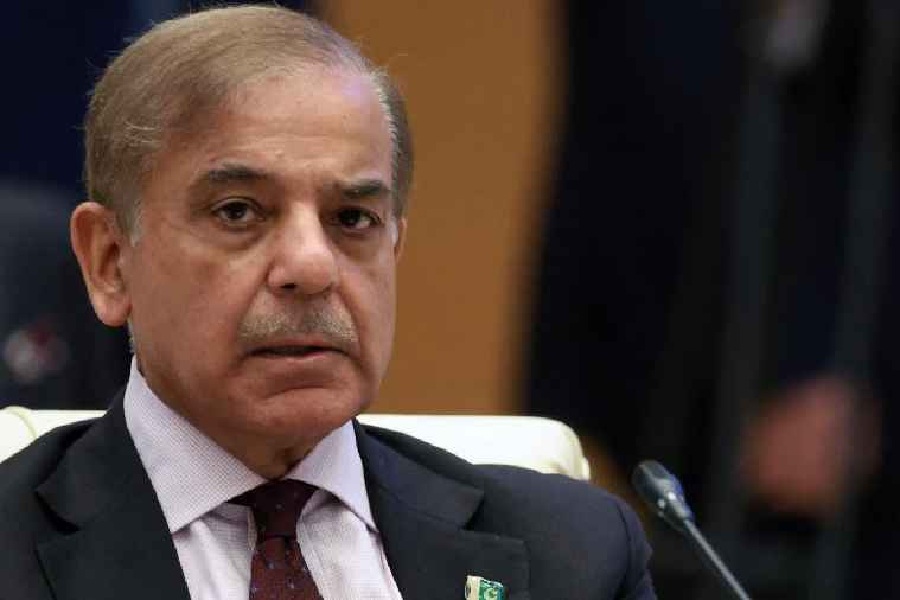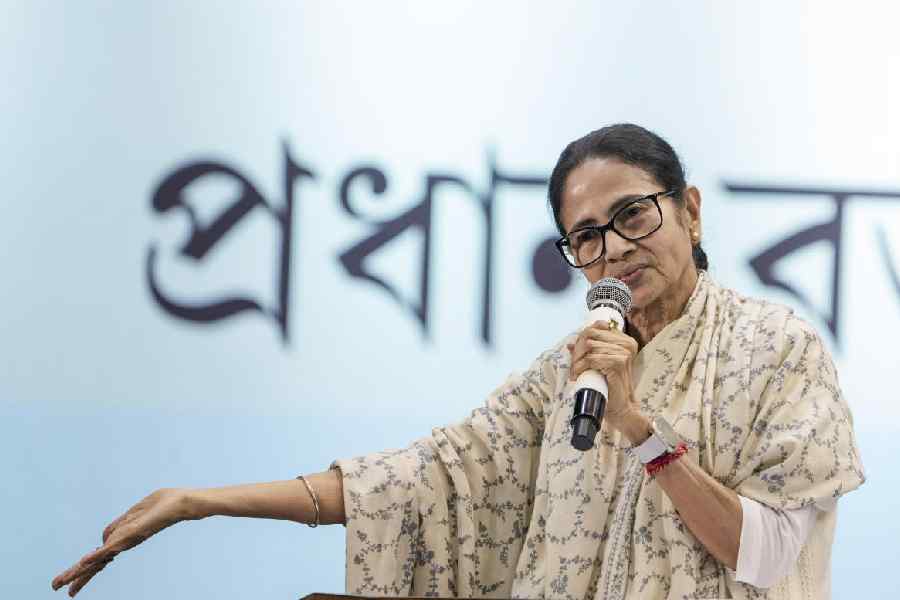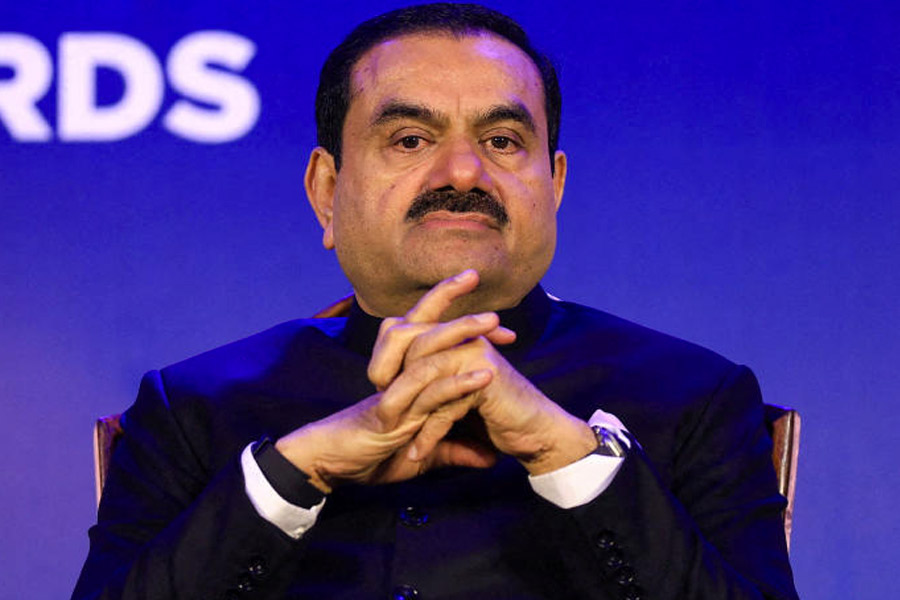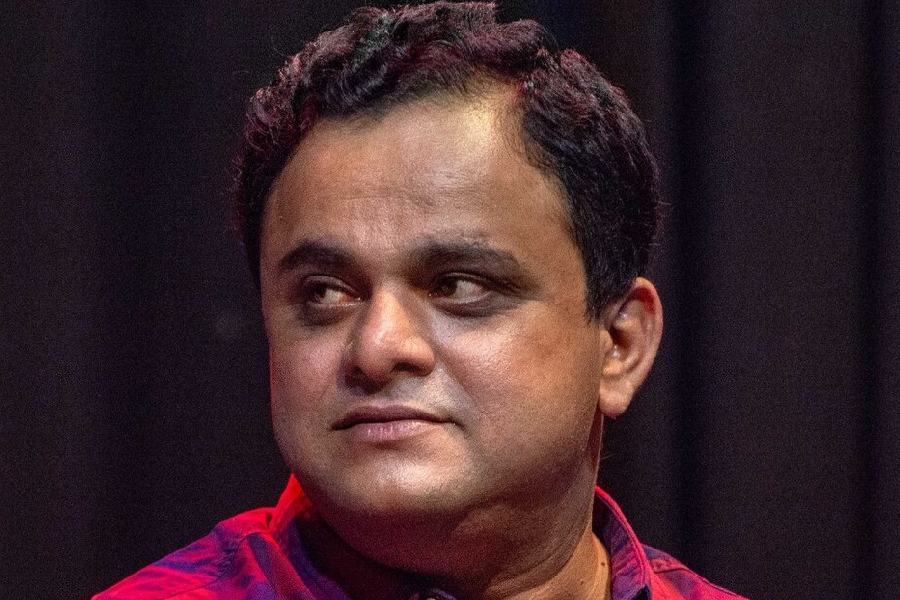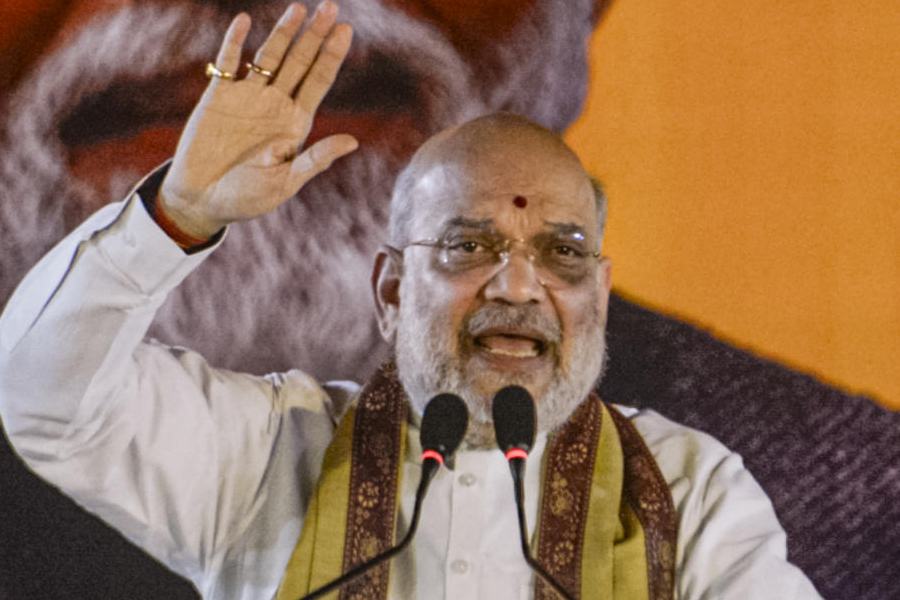Jawaharlal Nehru University is exploring the option of bringing back “deprivation points” to PhD admission, five years after withdrawing the provision that facilitated enrolment by candidates from backward areas.
While JNU did away with deprivation points in MPhil and PhD admissions in 2017-18, it has continued the system for undergraduate and postgraduate admissions.
On July 4, however, vice-Chancellor Shantisree Dhulipudi Pandit and rector Ajay Dubey met representatives of the university teachers’ association and discussed, among other topics, how withdrawal of the deprivation points had curbed diversity among research scholars on the campus.
The teachers’ association demanded restoration of the deprivation points, and Pandit asked it to submit a detailed note. The note has been sent, recommending the return of deprivation points from the 2022-23 session, which starts in a couple of months.
Deprivation points are additional points granted to an admission seeker whose school and undergraduate education took place in a backward region, for example, Koraput in Odisha or Gulbarga in Karnataka. Most of these students happen also to belong to disadvantaged communities such as the Scheduled Castes and Scheduled Tribes.
JNU had scrapped the deprivation points for admission to research programmes while adopting, in 2017-18, the University Grants Commission’s 2016 regulations on the award of MPhil and PhD degrees.
The JNU authorities had cited the absence of any mention of deprivation points in these regulations.
Teachers had underlined that the earlier regulations did not mention deprivation points, either, and that the university had the right to frame its own affirmative action policy. But the JNU management of the time ignored the objection.
The proportion of research students at JNU whose family income was less than Rs 5,000 a month fell from 25.5 per cent in 2016-17 to 9.8 per cent in 2017-18.
In its note, the teachers’ association has underlined that the withdrawal of the deprivation points has also led to a loss of regional diversity.
For example, the representation from Kerala, Tamil Nadu, Andhra Pradesh and Karnataka has fallen from about eight per cent to less than four per cent.
Ganga Sahay Meena, a teacher at the Centre for Indian Languages in JNU, said: “The deprivation points system is unique to JNU. It promotes inclusion and empowerment of marginalised sections. It should be promoted in other universities too.”
The 2016 regulations also severely restricted the numbers of MPhil and PhD students a single professor, associate professor or assistant professor could guide, causing JNU’s intake of research programme scholars to fall drastically from 970 in 2016-17 to 290 in 2017-18. Earlier, the universities themselves decided how many scholars a teacher could guide.
The 2016 regulations also advised universities to treat their written entrance tests merely as qualifying exams while basing the final selection on the candidates’ performance in the viva voce.
After protests, on the ground that this handicapped students from rural areas and disadvantaged groups, the UGC modified the regulation to provide 70 per cent weightage to the entrance test and 30 per cent to the viva voce.


